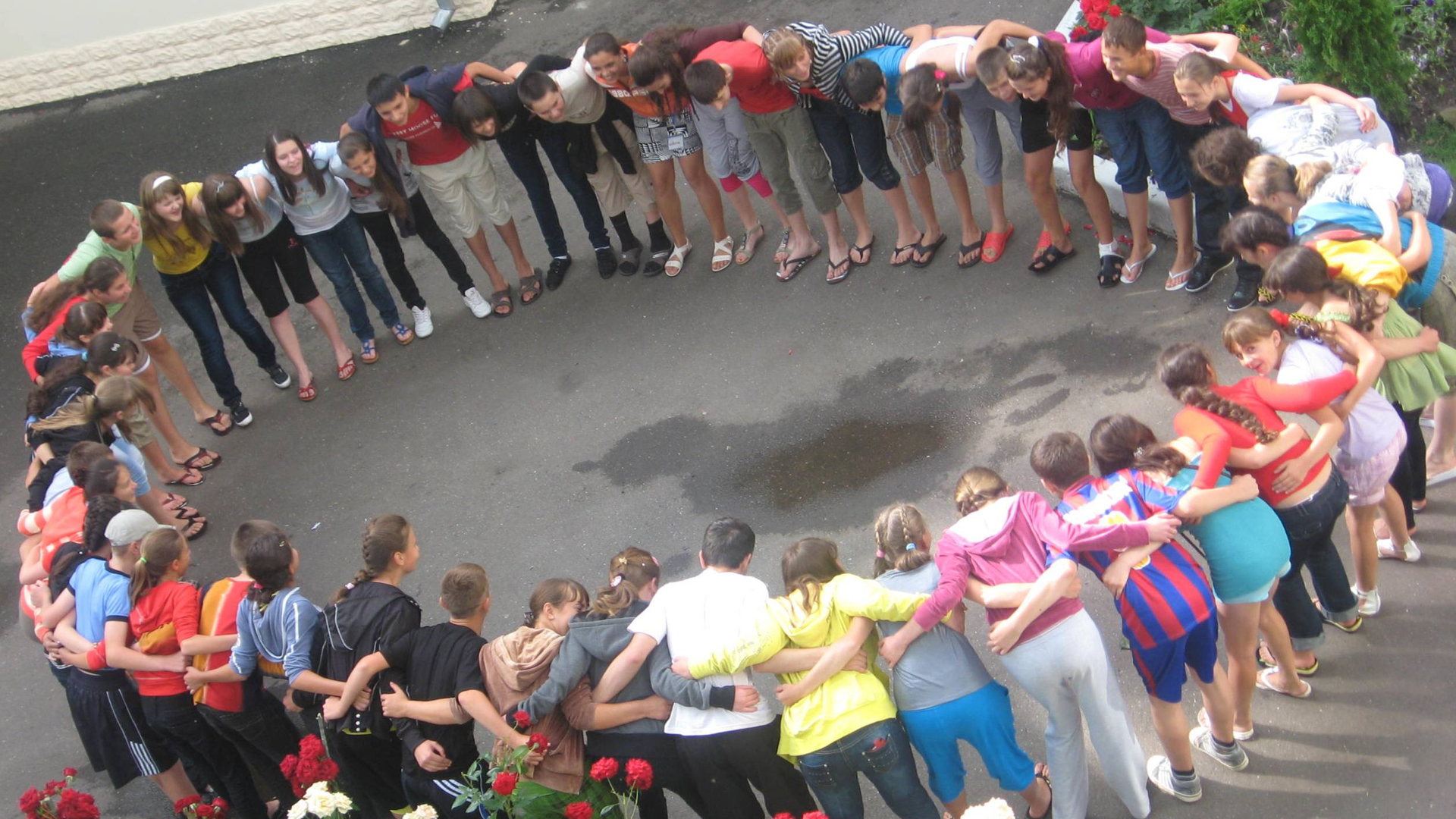
Protecting children from family separation, violence, abuse, neglect and exploitation in Moldova
The project purpose
The project is providing the authorities of Moldova with assistance to strengthen the child protection system, addressing the needs of vulnerable children and their families, and closing the gaps in their access to quality social services. The overall goal is that 100,000 vulnerable children in Moldova will have improved access to quality social protection services, including systems to prevent and protect them from family separation, violence, abuse, neglect and exploitation.
The Project purpose is to enable the social protection system to comprehensively address the needs of vulnerable children and their families in Moldova for quality social services, including systems to prevent family separation and protect children without parental care by the end of July 2013.The intended outcomes are:
- National authorities are committed and actively support the implementation of the UN Guidelines for the Alternative Care of Children in Moldova;
- 5,000 vulnerable children and their families in Calarasi, Falesti and Ungheni have improved access to high quality family support and family substitute services integrated in the wider social protection context;
- 1,100 specialists in Calarasi, Falesti and Ungheni have an increased capacity to prevent family separation and provide effective protection to children without parental care;
- Local authorities in Calarasi, Falesti and Ungheni prioritize meaningful child participation as a means to consult, monitor and evaluate their local child welfare policies;
- Professional and public attitudes have shifted towards supporting vulnerable families and children to prevent separation and use of family based care as opposed to residential care for children without parental care.
In the Year 1 the project managed to analyse the national legislation in line with UN Guidelines an Alternative Care for Children and to develop in cooperation with the government and civil society an implementation Action Plan. With project support the Ministry of Labour, Social Protection and Family initiated the development of a new law on child protection, as well as the revision of the secondary legislation related to social services development (regulations, standards). At local level the project focused on establishing strategic plans for the development of an integrated social services system, including family support, reintegration and foster care services, as well as on assessing of 3 residential institutions in the 3 pilot regions and preparing children for reintegration in their families or placement in the extended families or foster care. The 3 local authorities were supported in the closing down of 3 institutions and deinstitutionalisation of 200 children.
Cost of the action — 2,278,407 euro
Project Donors:
- USAID
Implementing patry:
- EveryChild Moldova
- Partnerships for Every Child
Result
- Between 2 and 6 July 2012, a summer camp was organized for the members of the Advisory Board of Children of Calarasi, Falesti, and Ungheni. The goal of the summer school was to consolidate the competences of ABC members.
-
8/17/2011
-
10/30/2013
Dr. Grigoraş made an overview of the residential care system in Moldova, highlighting the causes and conditions that favor child’s institutionalization, and talked about the situation that lead to the care system reform in the country. The main results of this reform were underlined, explaining the approach made by the USAID/DCOF-funded project supporting the Government of the Republic of Moldova in the national child care system reform, implementation of the vast deinstitutionalization process, including the theory of change in this process. Mrs. Grigoraş presented the main factors of success, identifying the major challenges in further reform.
-
3/7/2013
Partnerships for Every Child Annual Report April 2011 – March 2012
-
5/24/2012
The mid-term review (MTR) provides a thorough analysis of the undertaken activities, achieved outputs and outcomes, as well as of the effectiveness and sustainability of two of the key project objectives
-
5/3/2012
The future starts at home №5 2012
-
4/4/2012
The future starts at home №4 2012
